The European Commission’s Artificial Intelligence (AI) office has initiated a targeted consultation with stakeholders on guidelines for defining AI systems and applying prohibitions on certain high-risk AI practices, as outlined in the EU AI Act. This consultation represents a significant step in preparing for the implementation of these provisions, which will come into effect on 2 February 2025, six months after the AI Act’s entry into force. The guidelines are expected to be finalised and published in early 2025, providing practical assistance to businesses, regulators, and other stakeholders in meeting their obligations under the Act.
Legal experts anticipate that this initiative will assist the European Commission prepare clear and comprehensive guidelines for defining AI systems. Currently, some companies are struggling to determine whether their IT solutions fall within the scope of an AI system, particularly those with software that operates on the borderline. Experts remain optimistic that these forthcoming guidelines will provide much-needed clarity, enabling businesses to better understand and comply with the AI system definition.
The consultation seeks to engage a broad range of stakeholders, including AI system providers, businesses, public authorities, academia, research institutions, trade unions, civil society organisations, and members of the general public. Participants are invited to contribute practical examples and perspectives to inform the development of these guidelines.
The consultation survey focuses on two key areas:
- Definition of AI Systems (Article 3(1)): Stakeholders are asked to assess the elements within Recital 12 and provide feedback on areas where additional clarification is needed.
- Prohibited AI Practices (Article 5): Input is sought on specific prohibitions, including harmful manipulation, exploitation of vulnerabilities, social scoring, biometric categorisation, emotion recognition, and the use of biometric identification in real time for law enforcement purposes.
Contributions gathered through this consultation will help ensure that the guidelines are practical and aligned with real-world applications and challenges.
Participants are encouraged to respond to a structured questionnaire divided into three sections:
- About You: Gathers organisational information, such as location, headquarters, and services provided.
- Definition of AI Systems: Asks participants to rate the importance of the elements within Recital 12 on a scale from 1 to 10.
- Prohibited AI Practices: Requests feedback on specific prohibitions and examples of relevant AI systems that may raise compliance questions.
This initiative builds on the AI Act’s aim to ensure safe and ethical AI development. By involving a diverse group of stakeholders, the Commission hopes to refine its approach to applying the Act’s provisions, ensuring they are both clear and enforceable. The guidelines will serve as an important tool for compliance, helping businesses and public authorities across the EU adapt to the new regulatory environment.
The consultation is open from 13 November to 11 December 2024, after which the Commission will analyse the responses to inform the development of its guidelines. Stakeholders can submit their input via the official consultation portal.
For updates on this consultation and further developments in AI regulation, stay connected with AI-Regulation.com.
P.R.



